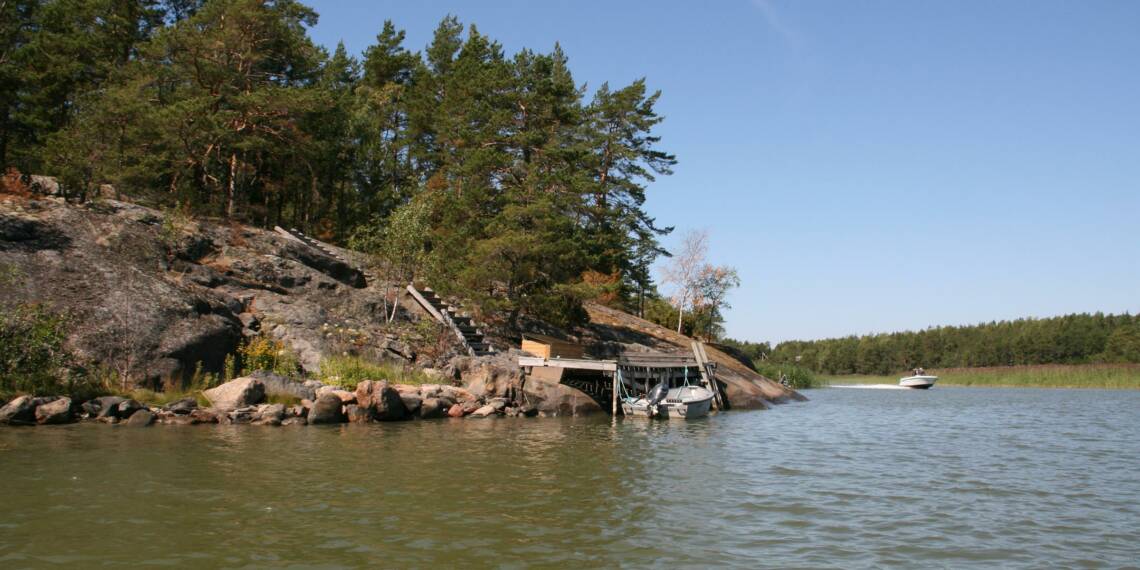
Local actors, organisations, and foundations operate regionally on behalf of the Baltic Sea
Although Finland’s Baltic Sea Policy is made as a common strategy for the entire country, there is much local variation in its implementation. Both municipalities and provincial associations are responsible for the zoning of their areas, as per the Land Use and Building Act. Since their areas extend to the territorial sea boundaries, the law also applies to maritime areas.
Zoning controls how land is used
Zoning, i.e. spatial planning, can be used to control both land use, as well as port and maritime traffic. The EU Water Framework Directive and Marine Strategy Directive require maritime spatial plans to protect the high seas and coastal areas as a whole.
Water and marine management plans outline the status of the waters, as well as the measures to improve them
Regional water management plans and their related action programmes contain information about the water quality status, the factors affecting it, and the measures envisaged to achieve a good quality status for both the surface and groundwater.
The marine management action plan includes an assessment of the adequacy of the current marine management activities and proposals for measures to achieve a good marine status.
Regional water and marine management plans are updated every six years, according to the data provided by a monitoring programme.
Many regional actors work on Baltic Sea issues
The countryside, archipelago, and urban residential centres all have different effects on the status of the Baltic Sea. Most of the regional Baltic Sea activities along the coast are concentrated in port cities with busier shipping and more densely populated areas and services. Many coastal cities have their own Baltic Sea programmes, which focus on specific, local characteristics.
Besides cities and municipalities, many non-governmental organisations, foundations, and water-management associations also work on regional issues within the Baltic Sea Region.